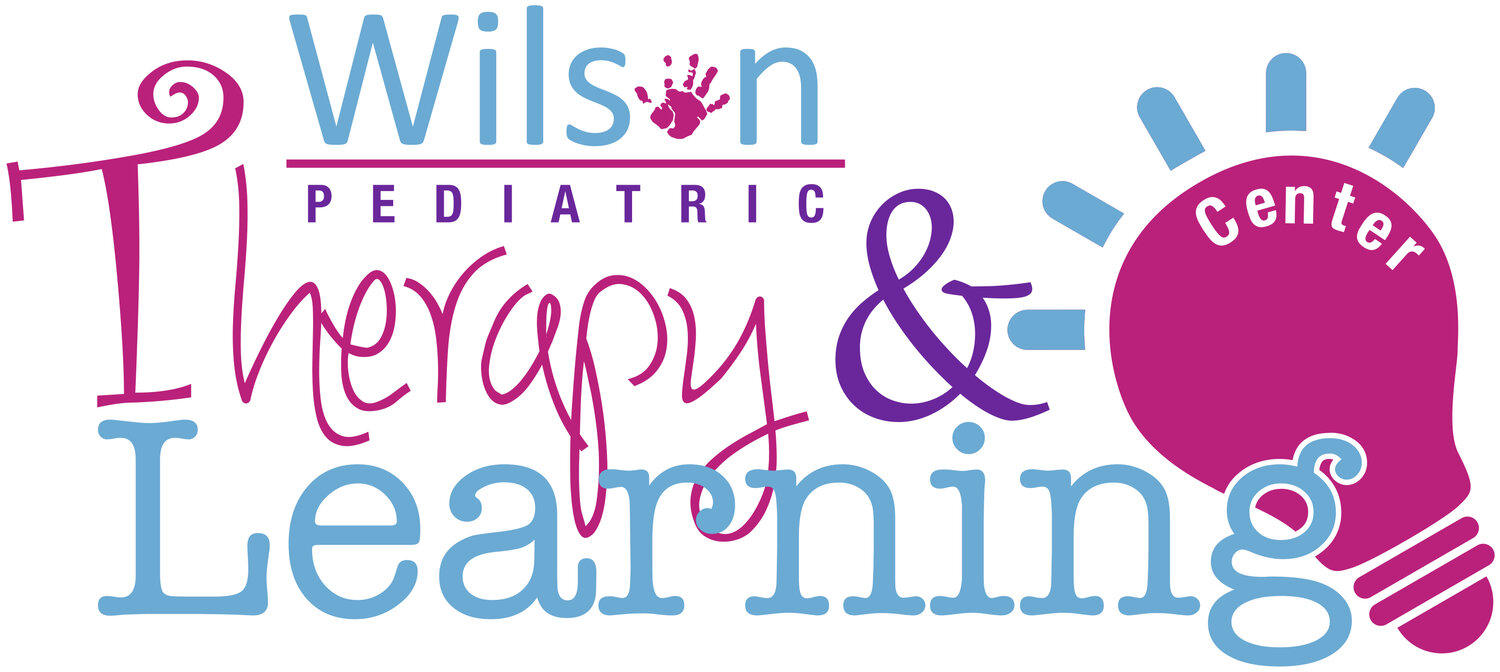Playing to Win: How Occupational Therapy is Enhancing Child Development through Play-Based Activities
“Play is often talked about as if it were a relief from serious learning. But for children, play is serious learning. Play is really the work of childhood.” – Fred Rogers
Play is an essential part of childhood and it plays a critical role in child development. It's not just fun and games, but a way for children to learn, grow, and develop important skills. Occupational therapy, the therapy that helps children to develop the skills they need to be successful in daily life, often incorporates play into treatment. Using play-based activities in occupational therapy can be incredibly beneficial for children, helping them to develop the skills they need to meet their goals while having fun!
Play-based activities in occupational therapy can help children to develop fine motor skills, such as grasping and manipulating small objects, which are essential for tasks like writing and buttoning clothes. Play can also help children to improve their gross motor skills, such as running, jumping, and climbing, as well as important skills like balance and body awareness, which are critical for overall physical development and independence with self-care activities. Play-based activities can also help children to develop their social skills, such as turn-taking skills and communication skills, which are essential for interacting with others.
Play-based activities can also help children to develop their cognitive skills, such as problem-solving, memory, and attention. Children learn through play, experimenting and discovering new things, and they are able to transfer the skills they learn during play to their daily lives. Additionally, play-based activities can also help children to improve their emotional, behavioral, and mental well-being. Play provides children with opportunities to express their emotions, process their experiences, and develop coping strategies. Play can also be a powerful tool for reducing stress and anxiety, helping children to feel more relaxed and comfortable.
One important thing to keep in mind when using play-based activities is to ensure that the activities are developmentally appropriate and tailored to the individual child's needs. Occupational therapists are trained to assess a child's abilities and design activities that will challenge and engage them, while facilitating the growth of age-appropriate skills. Occupational therapists can make recommendations on play-based activities for you and your child to try at home, as well as modifications and body positions for your child (while they engage in play activities) that promote strength and stability of various muscle groups, and promote overall development.
Play-based activities can be an effective and enjoyable way for children to develop the skills they need to be successful in daily life. Occupational therapy that incorporates play-based activities can be a powerful tool for helping children to reach their full potential!
